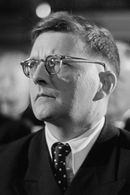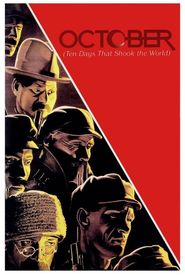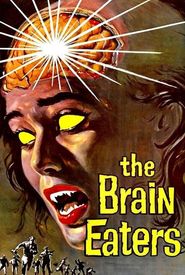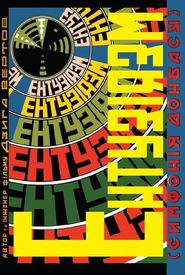Dmitri Dmitrievich Shostakovich, a renowned Russian composer, was born on September 25, 1906, in St. Petersburg, Russia. He was the second of three children to Dmitri Boleslavovich Shostakovich, a chemical engineer, and Sofia Kokaoulina, a pianist. Shostakovich's early life was marked by a strong influence from his mother, who taught him piano, and his greatest inspirations were Johann Sebastian Bach, Ludwig van Beethoven, and Modest Mussorgsky.
Shostakovich's formal education began at the St. Petersburg Conservatory, where he studied piano and composition from 1919 to 1925. He wrote his First "Classical" Symphony as his graduation piece and won an honorable mention diploma at the 1st International Piano Competition in Warsaw in 1927.
Shostakovich's career flourished in the 1930s, with collaborations with writers, artists, and directors, including Vladimir Mayakovsky, Alexander Rodchenko, and Vsevolod Meyerhold. In 1934, he collaborated with Aleksei Dikij on the legendary opera "Katerina Izmailova" (also known as "Lady Makbeth of Mtsensk"). The opera received widespread acclaim, but was severely criticized by some critics in Pravda, the Communist Party's official newspaper, for its formalism and intellectualism.
During World War II, Shostakovich was in Leningrad, where he survived the first bombardments and joined the "night watch" patrol to help put out fires. He continued to compose music, including his Seventh "Leningrad" Symphony, which was premiered on August 9, 1942, by an orchestra of survivors who were still able to perform despite the devastating conditions.
The symphony was broadcast live from the Radio Hall in Leningrad, and its premiere was a powerful message to the world about the resilience of the city and its people. Shostakovich's music brought catharsis to the survivors, and it was a symbol of hope and defiance against the Nazi occupation.
After the war, Shostakovich continued to compose music, including his famous Symphony No. 13, "Babi Yar," which was premiered in 1962. He also worked on numerous film scores, including "The Gadfly" and "Hamlet." Shostakovich was a vocal advocate for human rights and defended poet Joseph Brodsky, who was sentenced to five years of exile and hard labor. He also signed a letter asking not to rehabilitate Joseph Stalin.
Shostakovich's legacy is continued by his son, conductor Maxim Shostakovich, and his grandson, pianist Dmitri Shostakovich Jr. He died of a heart attack on August 9, 1975, in Moscow, and was laid to rest in Novodevichi Convent Cemetery in Moscow, Russia.

















